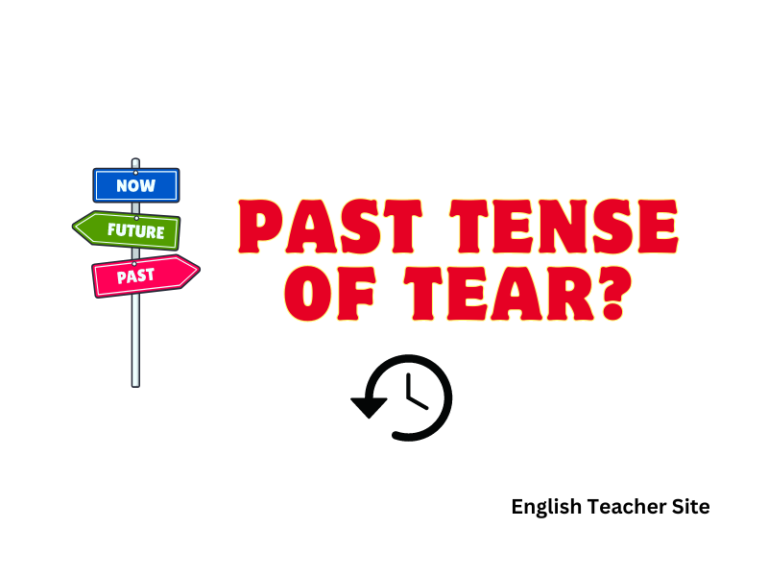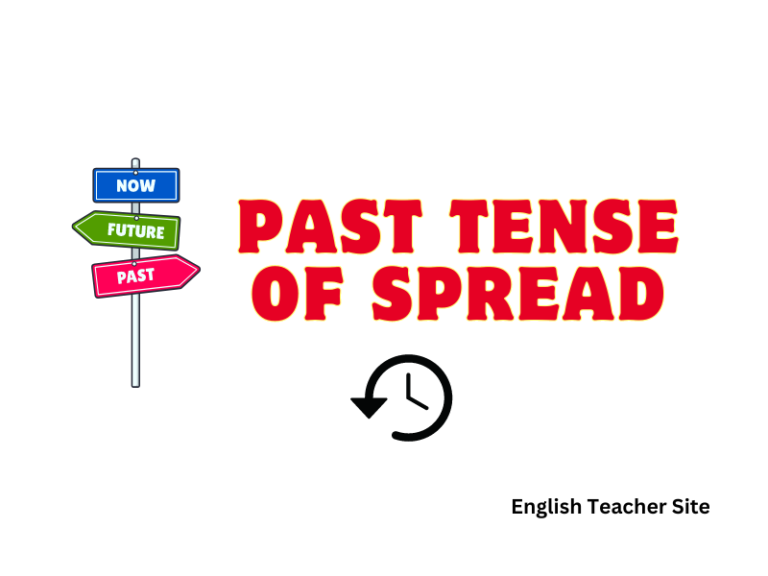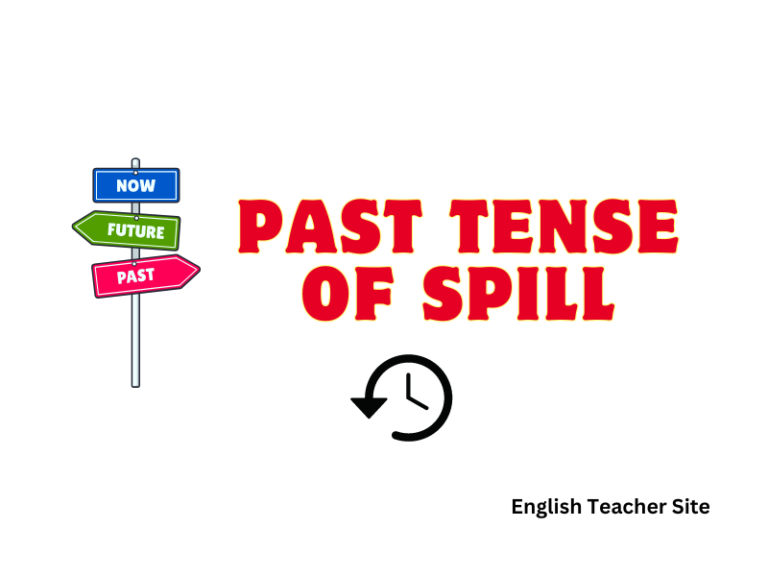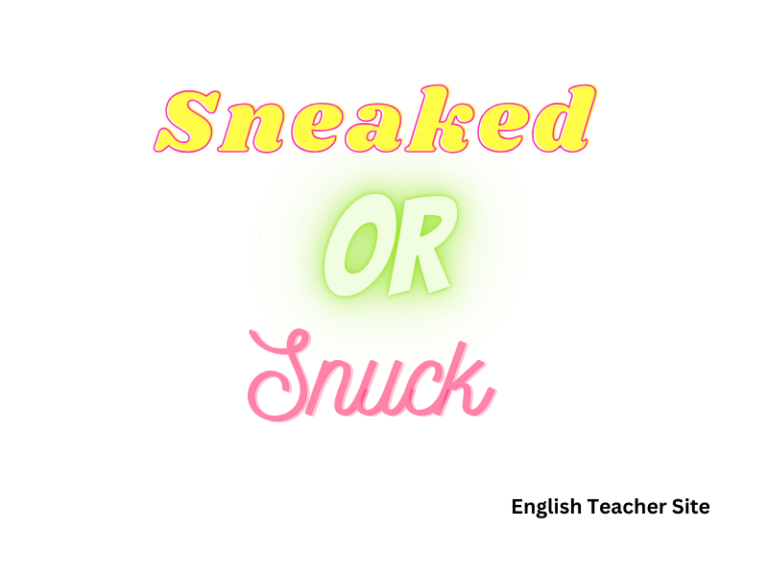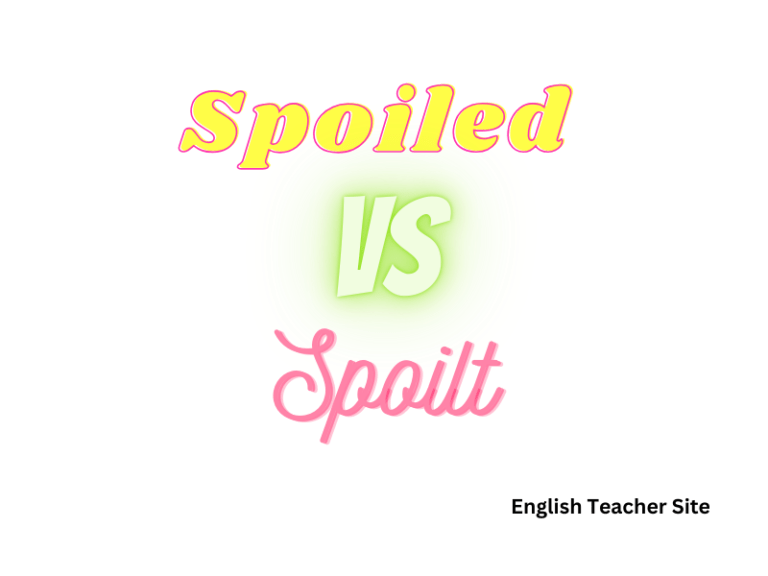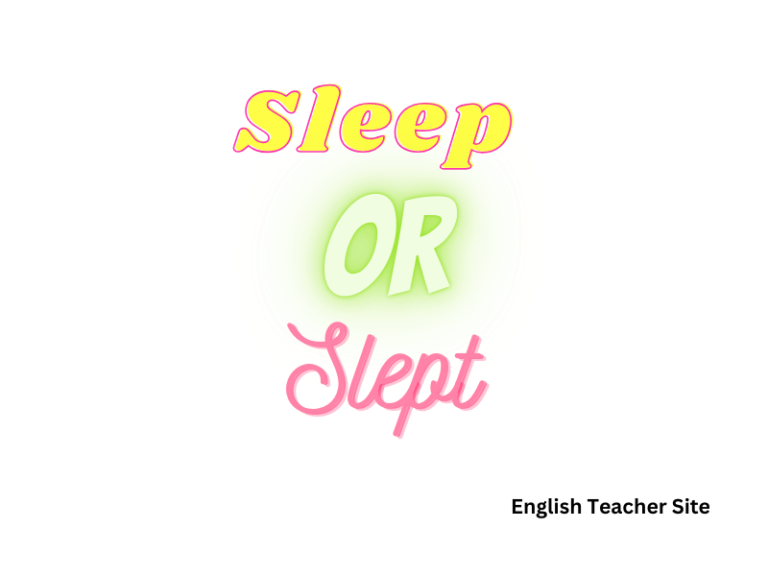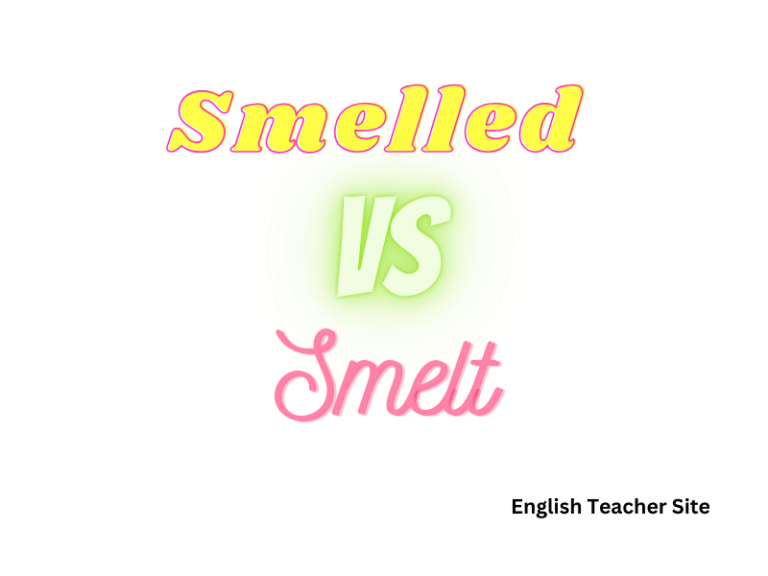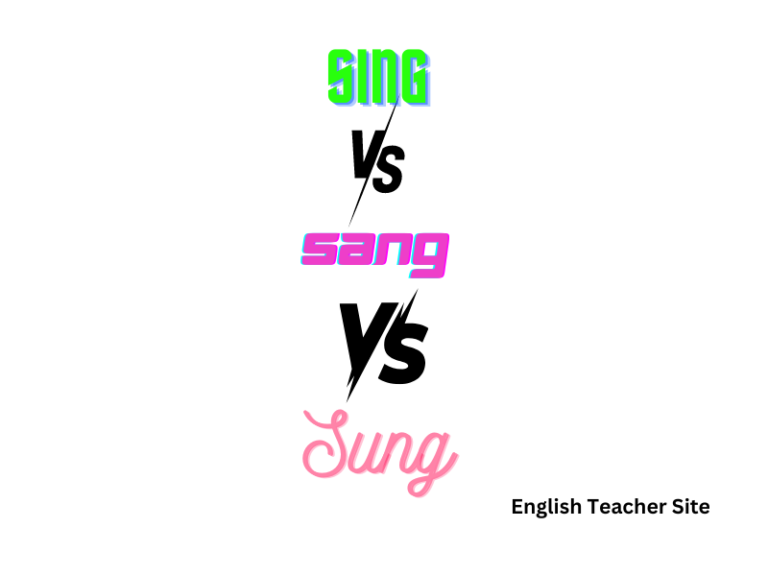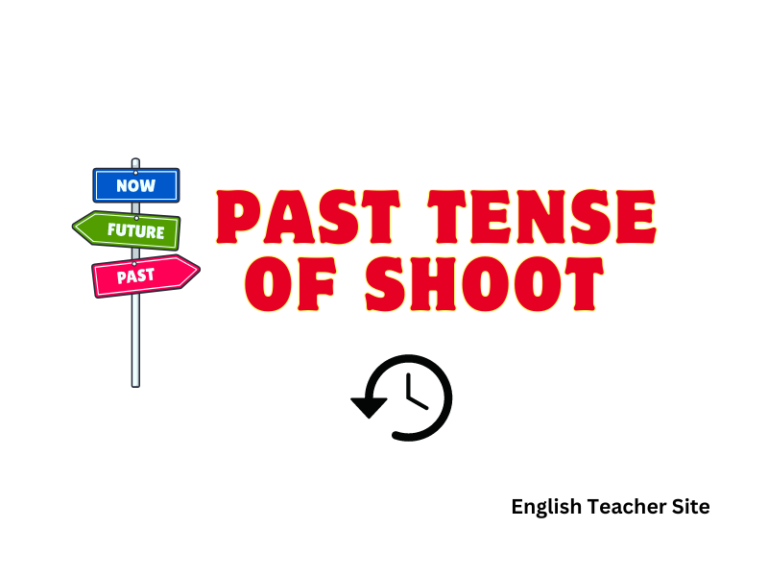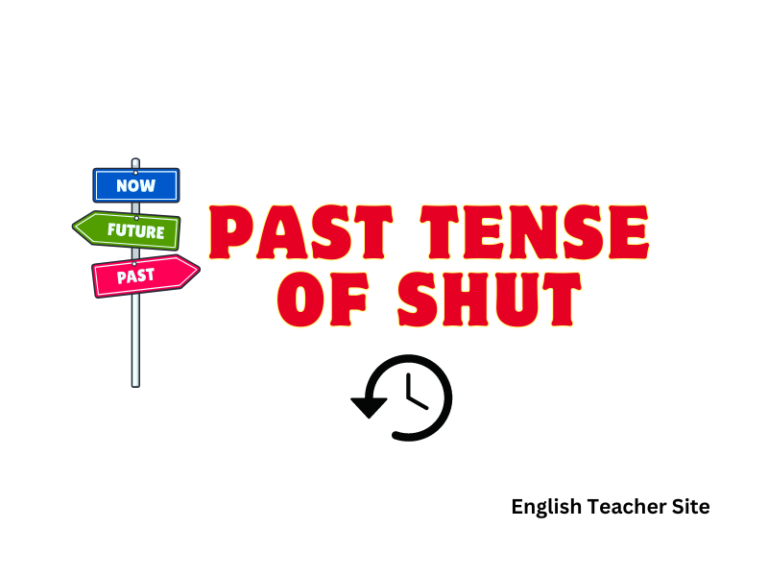Whats the Past Tense of Tear? Understanding Tore and Torn
The verb “tear” refers to the act of pulling something apart or to damage something by pulling it. When it comes to expressing this action in the past, “tore” is the simple past form while “torn” is the past participle. Understanding the difference between these forms is crucial for correct grammatical usage. The verb tear…

